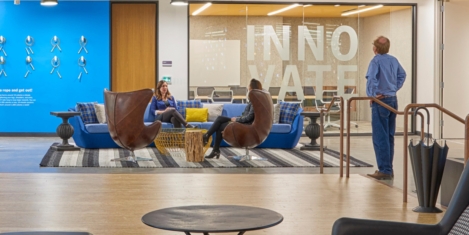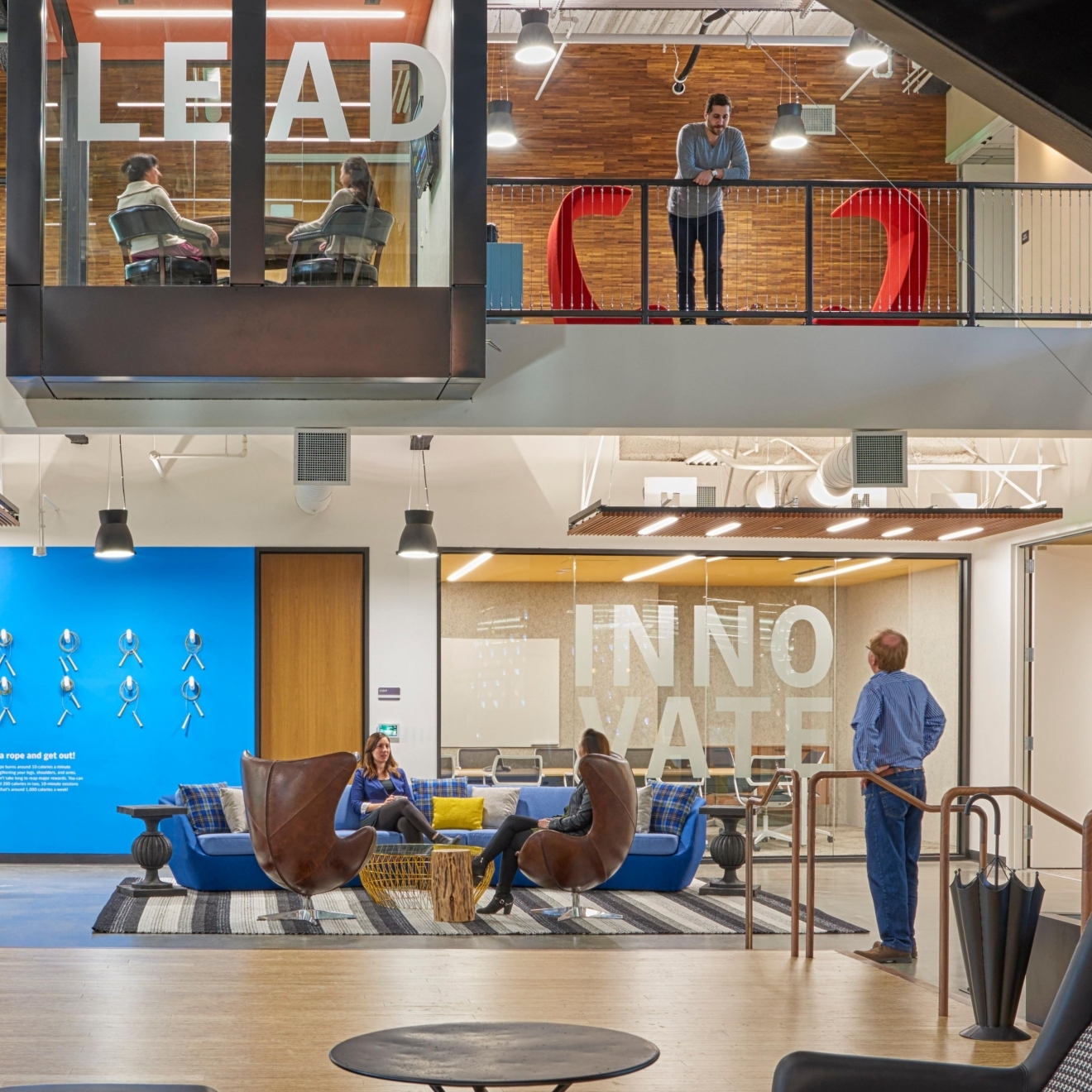October 15, 2019
RICS initiative urges built environment sector to be more aware of global impact
 The Royal Institution of Chartered Surveyors (RICS) has today launched the ‘Value the Planet’ campaign, promoting the preservation of the planet through the adoption of the UN’s sustainable development goals (SDGs). The campaign pushes for increased action within the industry, highlighting the essential need to Value the Planet and will provide support and resources from RICS and the industry to help the profession take both climate action and adopt the UN SDGs. RICS is also today publishing the RICS Responsible Business report which provides recommendations for businesses on ensuring the long-term sustainability of the built environment. (more…)
The Royal Institution of Chartered Surveyors (RICS) has today launched the ‘Value the Planet’ campaign, promoting the preservation of the planet through the adoption of the UN’s sustainable development goals (SDGs). The campaign pushes for increased action within the industry, highlighting the essential need to Value the Planet and will provide support and resources from RICS and the industry to help the profession take both climate action and adopt the UN SDGs. RICS is also today publishing the RICS Responsible Business report which provides recommendations for businesses on ensuring the long-term sustainability of the built environment. (more…)























 Research commissioned to mark today’s World Environment Day claims employees expect their employers to commit to better environmental policies and sustainability, with three quarters of office workers (73 percent) wanting their workplace to improve its sustainability policy, and nearly a quarter (24 percent) claiming they would refuse a job at an organisation with a poor sustainability record.
Research commissioned to mark today’s World Environment Day claims employees expect their employers to commit to better environmental policies and sustainability, with three quarters of office workers (73 percent) wanting their workplace to improve its sustainability policy, and nearly a quarter (24 percent) claiming they would refuse a job at an organisation with a poor sustainability record.










September 26, 2019
The office of the future should be circular
by Phil Oram • Comment, Environment, Workplace design